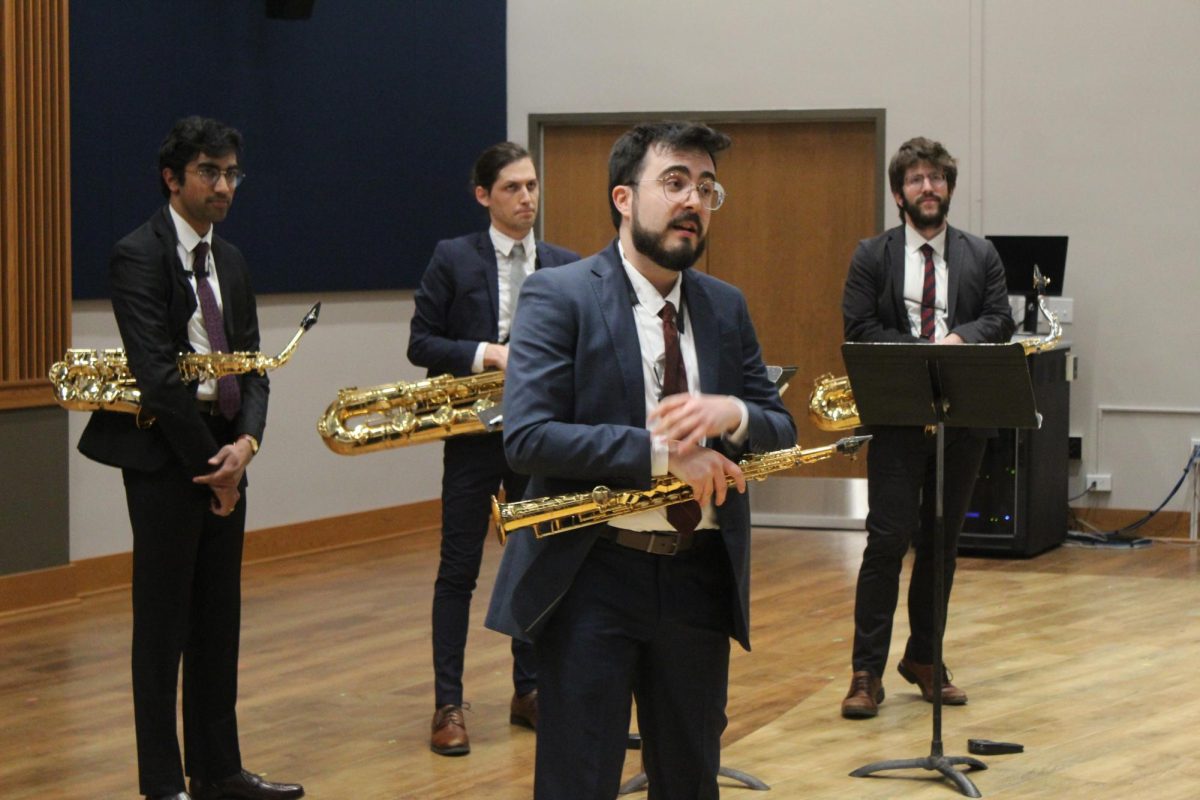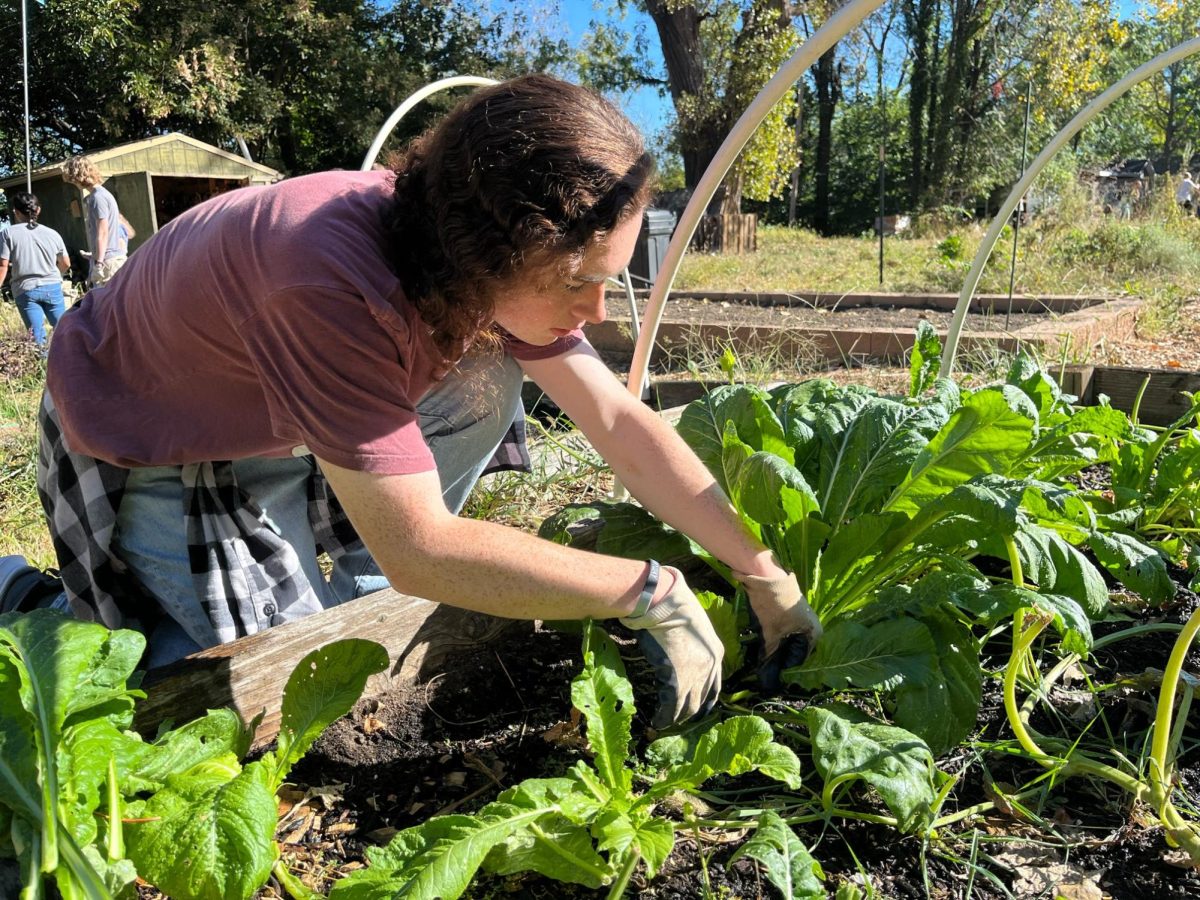A $40 million gift: An act of transformational generosity for Augie students
April 23, 2022
On Wednesday, April 6, Murry Gerber, an Augustana Alum and member of the Board of Trustees, made a commitment of up to $40 million to Augustana College. This gift is intended to benefit first-generation and lower income students beginning fall of 2023.
While this donation is generous, there are some unanswered ethical questions. Gerber’s involvement in the oil and fracking industry raises questions about the ethics of his sizable donation. Also, many students are curious as to how the funds will be distributed and the benefits they will receive.
It is without question that Gerber’s gift is generous, but the alumni’s past employment at Shell Oil and ties to the fossil fuel industry raise concerns about the money’s origins. Specifically, the ethics of Augustana accepting a donation that is the result of Gerber profiting off an industry that negatively impacts the environment and our future.
“He began his career at Shell Oil. Years later, as CEO of EQT Corporation, his leadership, innovative spirit, creativity and risk-taking made him a national leader in responding successfully to the call for energy independence for the United States.” (Augustana College)
The alumni and board member has also had experience as the CEO of EQT – a corporation that, according to their website, aims to prevent climate change through shifting the world’s energy source from coal to natural gas (EQT). While this does not negate the ethical concerns entirely, it does suggest that the origin of the donation was not solely from Gerber’s involvement with the fossil fuel and fracking industry.
Now, the $40 million gift is intended to benefit first-year students beginning in fall of 2023 and will match dollar-for-dollar additional gifts and donations – resulting in an anticipated $80 million total. Gerber’s personal experience as a student at Augie inspired him to allocate this gift to students who are first-generation and from lower-income families (Augustana College).
Gerber understands the difficulties of first-generation students and their education aspirations. “Gerber used to ride his bicycle 180 miles from Chicago to Augustana campus in Rock Island to save the expense on train tickets and still maintained his job at U.S Steel during breaks and summers.” (Augustana College)
An article from the Quad City explains the funds deposited into Augustana’s endowed scholarship and financial aid funds will meet 100 percent of the financial need for “high-achieving” first-generation students or students coming from low-income households.
While the exact details of the distribution of the donation have not been revealed to students, it is without a doubt that this gift will be crucial to the success of Augustana and its future students. This is not the first philanthropic involvement of Gerber, who in 2015 donated an estimated $9.8 million to the Gerber Center of Student Life — a prime location for students here on campus — being dedicated in honor of this generosity.
“This is transformational generosity,” Steve Bahls said in the live announcement. “It will benefit a substantial number of students on this campus for generations, and this gift is a reflection of Murry’s firm belief in the potential of first-generation students and the value of a liberal arts education.” (Our Quad Cities)
It is this idea of transformational generosity that is indicative of the opportunities that this donation presents students with in the long term. However, it is true that the benefits of this gift will not be seen by current students and its stipulations do prevent it from being available to all future applicants.
Despite this, the gift is important to those who meet the criteria, and will be a crucial factor in the successes of students who are high-achieving low-income or first-generation.
Overall, the $40 million dollar gift does have some of its roots in the oil and fracking industry, but the ethical concerns that this raises are negated by Gerber’s involvement in alternative forms of energy production. The gift that he gives is what demonstrates the reflection of the true impact of “transformational generosity.”








































































































